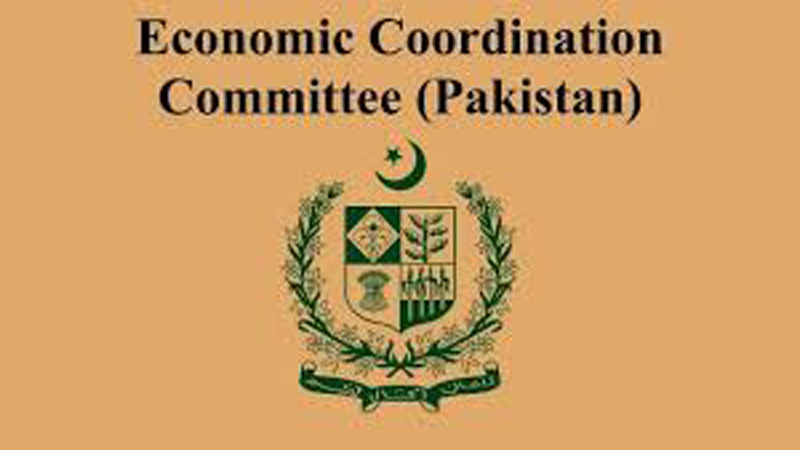Agriculture has always played an integral role in the British economy. It has been a driving force behind the growth of the country, both in terms of population and industry. The Cabinet Papers provide a unique insight into the evolution of British agriculture from the post-World War Two era to the present day.

The period after the Second World War saw the UK face various challenges. One of these was food shortages, which were brought on by the country's inability to import enough food to meet the needs of its growing population. The government had to intervene and reduce imports in order to relieve the balance of payments. The 1947 Agriculture Act was introduced to sustain production in the country through a system of guaranteed prices, which were negotiated by the Ministry of Agriculture and National Farmers' Union.
Arable and pastoral farming were supported through subsidies and legislation, including the 1946 Hill Farming Act. The Act provided financial aid to the farming communities who lived in the uplands of the country, which were characterized by poor soil and harsh weather conditions. The Agricultural Wages Board was established in 1947 to regulate and standardize wages in the farming sector.
The post-war period was marked by the continuation of rationing of basic foodstuffs, such as bread, potatoes, and meat. Rationing helped to ensure that everyone had access to basic foodstuffs, as supplies remained tight. However, rationing was finally abolished in 1954, thanks to increased imports and an improved economy.
Another significant development for British agriculture came in 1967, when the Foot and Mouth disease outbreak hit the country. The disease resulted in the culling of millions of animals, which had a devastating effect on the farming communities and the economy. The outbreak confirmed the need for a more comprehensive and sustainable system in the sector.
Britain’s entry into the European Economic Community (EEC) in 1973 represented another significant milestone in the evolution of British agriculture. The country's farmers became subject to the Common Agricultural Policy (CAP), which aimed to increase food production and support rural development across Europe. The policy provided subsidies to farmers, which helped to maintain and improve agricultural production in the country.
Today, British agriculture remains an important sector of the economy, providing employment for millions of people and contributing significantly to the country's GDP. The sector has evolved significantly over the past 70 years, with a greater emphasis on sustainable and environmentally-friendly practices.
In conclusion, the Cabinet Papers provide a fascinating insight into the changing nature of British agriculture. From post-war rationing to the Foot and Mouth crisis and Britain's entry into the EEC, the sector has faced various challenges. However, its resilience and adaptability have seen it emerge as a vital component of the British economy.
